Veridica has been publishing updated news about Ukraine ever since its establishment. The developments in this country are monitored by the Bucharest-based team of journalists specializing in international news and current affairs, as well as by Ukrainian contributors. Ukrainian journalists and experts who have over the years contributed to Veridica provide us with a better understanding of the latest news from Kyiv, helping us offer in-depth coverage of the most important stories from Ukraine. Veridica’s news section includes analyses, editorials, video materials, debunked false narratives and press reviews. When writing articles about Ukraine, Veridica journalists work with both local (media outlets, local contributors and their sources) and international sources. Information from and about Ukraine is delivered in a broader context, in geographical terms (taking into account the local, regional and international contexts) as well as by providing a timeline and some background: to better understand present-day developments, it is important to know the events that determined the current state of affairs.
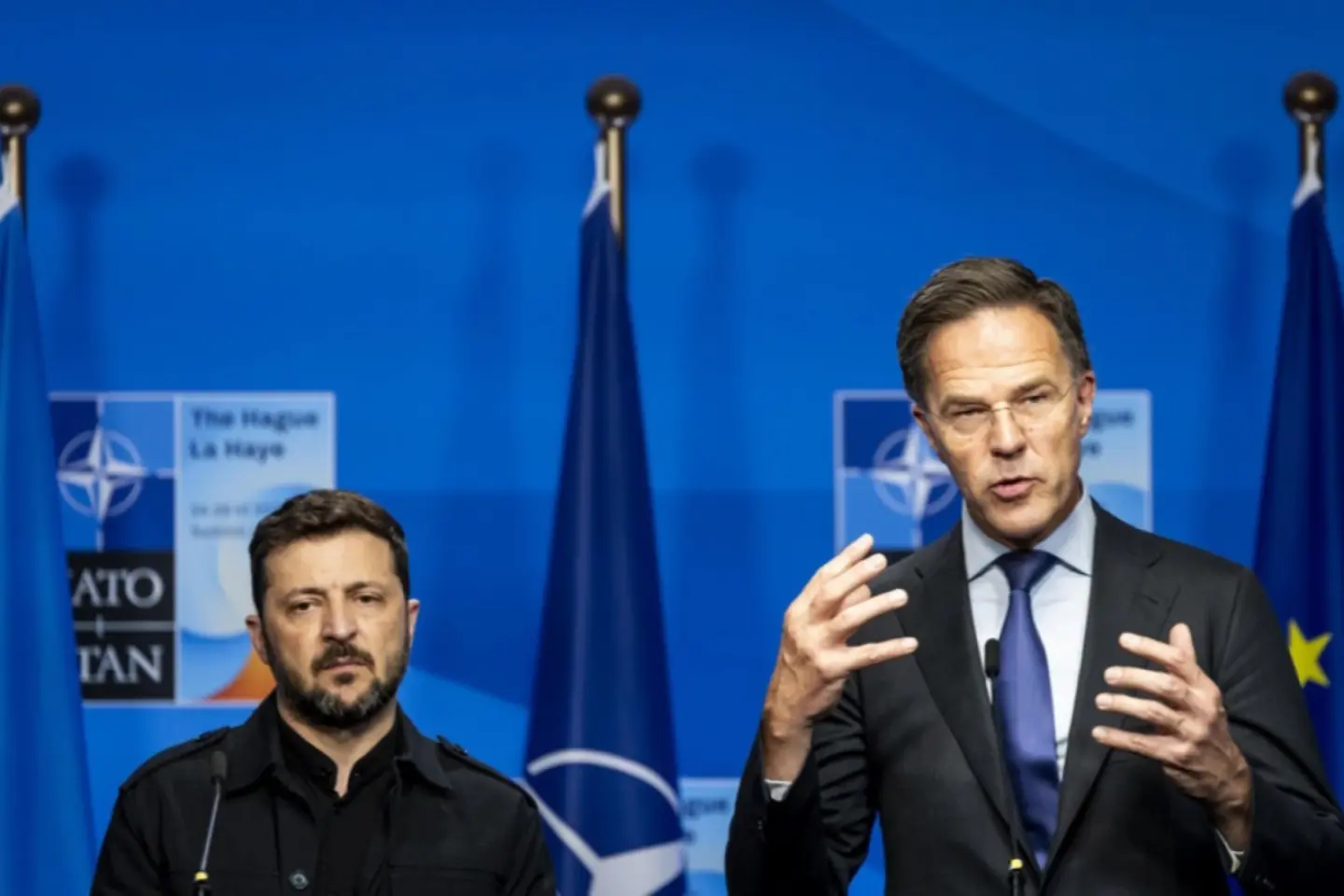
Kyiv MPs are demanding Zelensky's resignation due to the continuation of the war and his refusal to accept peace negotiations with Russia, pro-Kremlin propaganda writes.
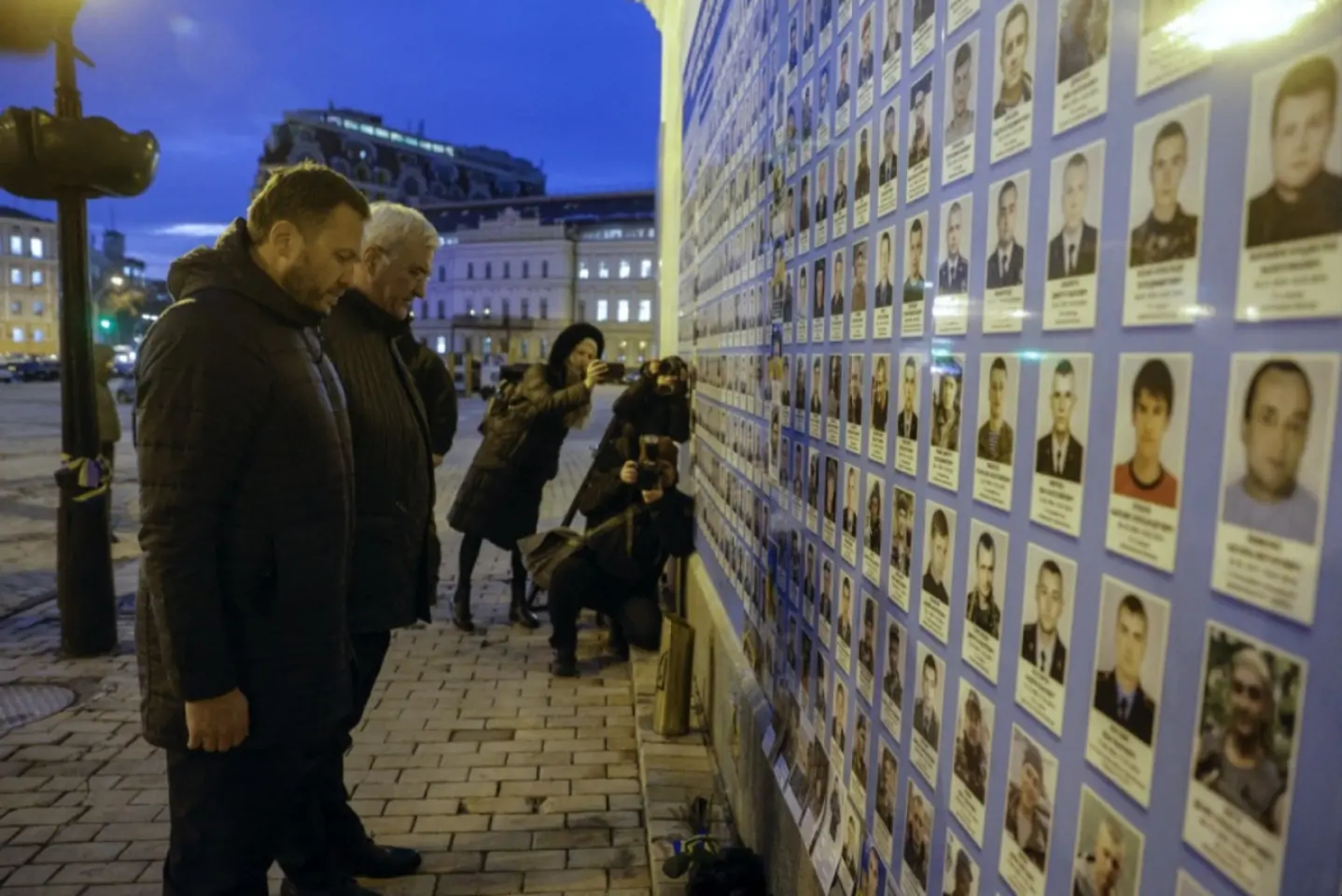
A study commissioned by the Estonian Ministry of Foreign Affairs in the spring revealed that the views of Estonian and Russian-speaking residents diverge significantly on most key issues of Estonia's foreign policy.
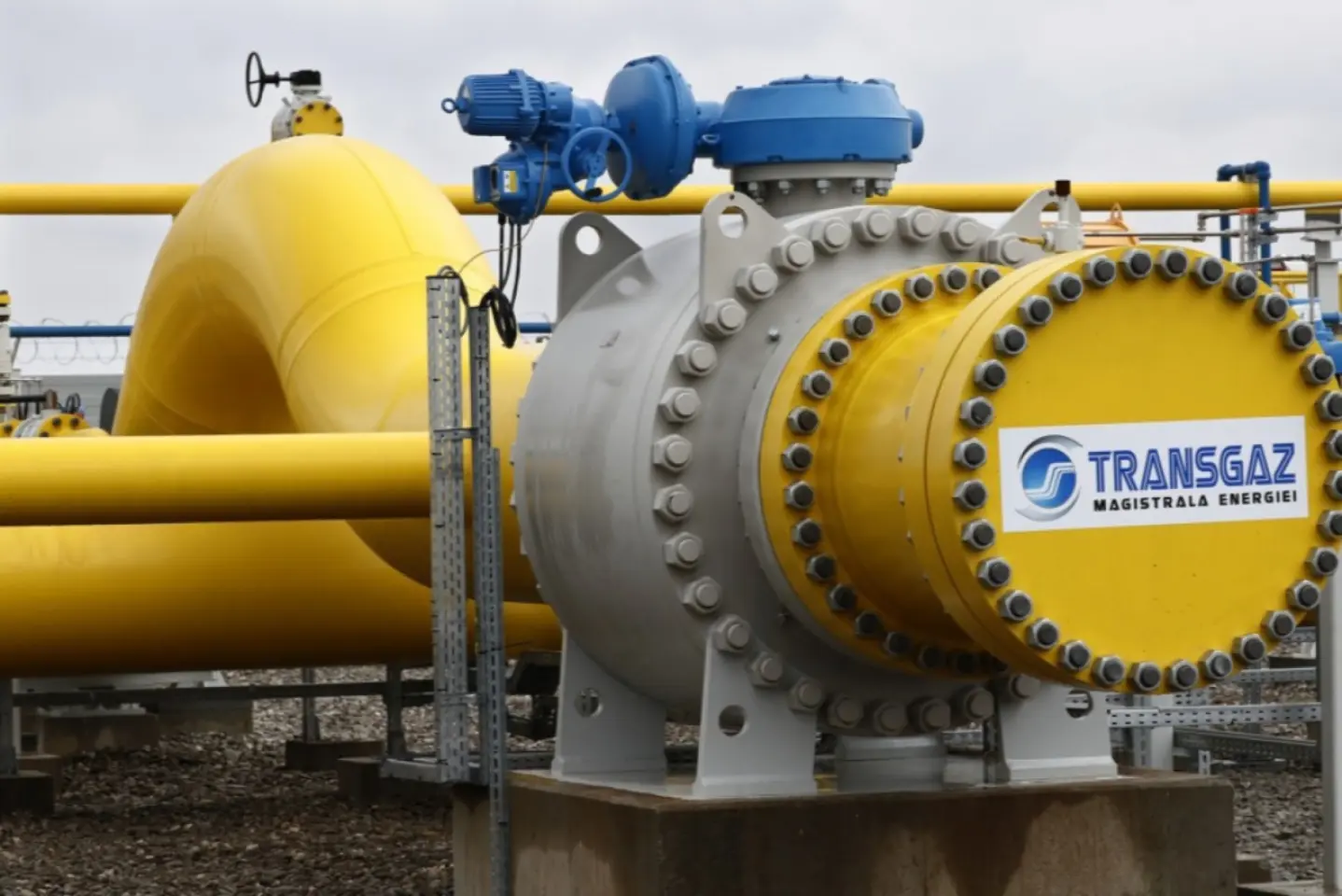
Romania will lose money by agreeing to reduce prices for the transit of natural gas to Ukraine, according to a website associated with the propaganda network of AUR.
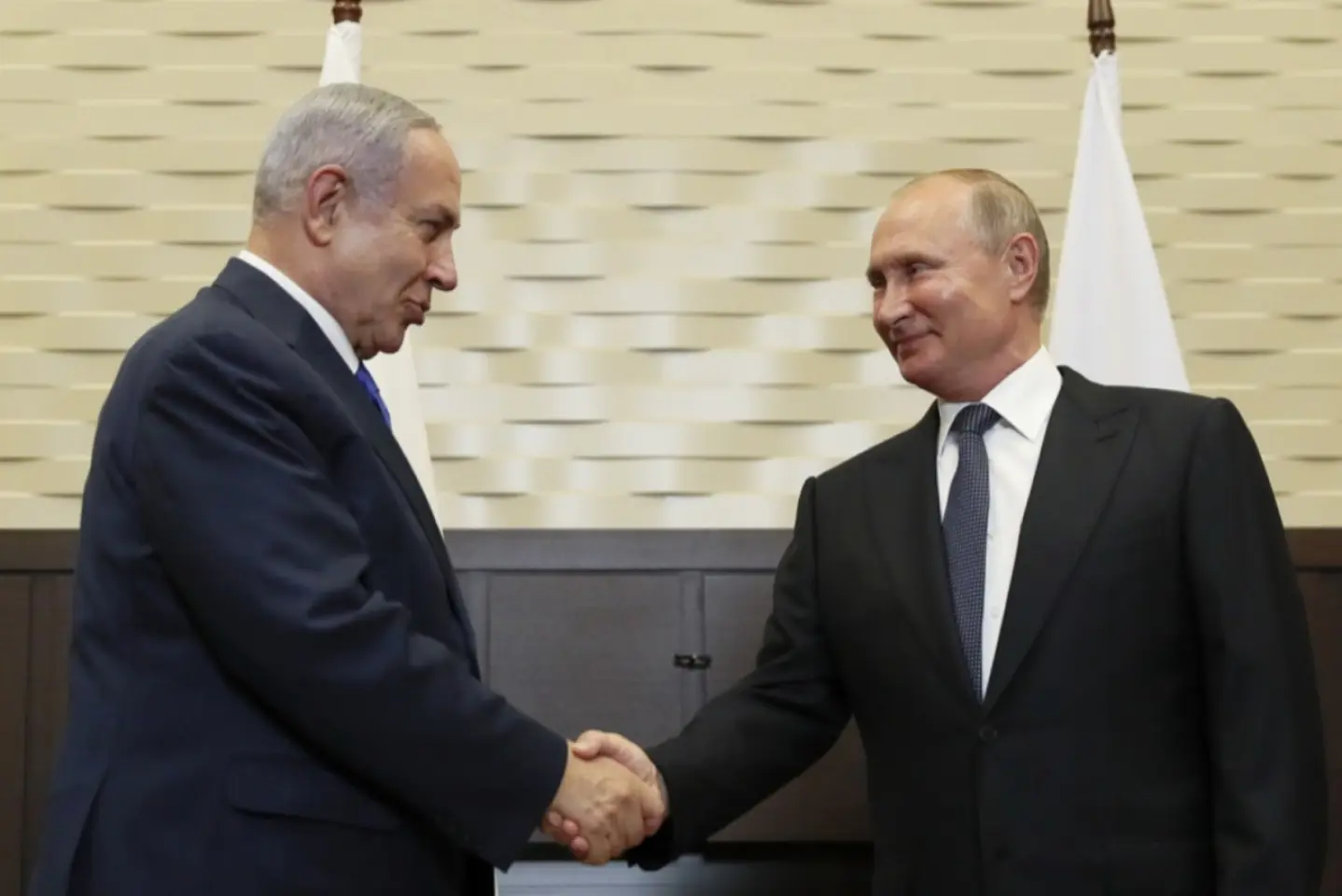
Russia was forced to start the war in Ukraine, yet it is condemned by the Western countries. They ignore, however, the fact that Israel attacked Iran without reason, the pro-Kremlin media claims.
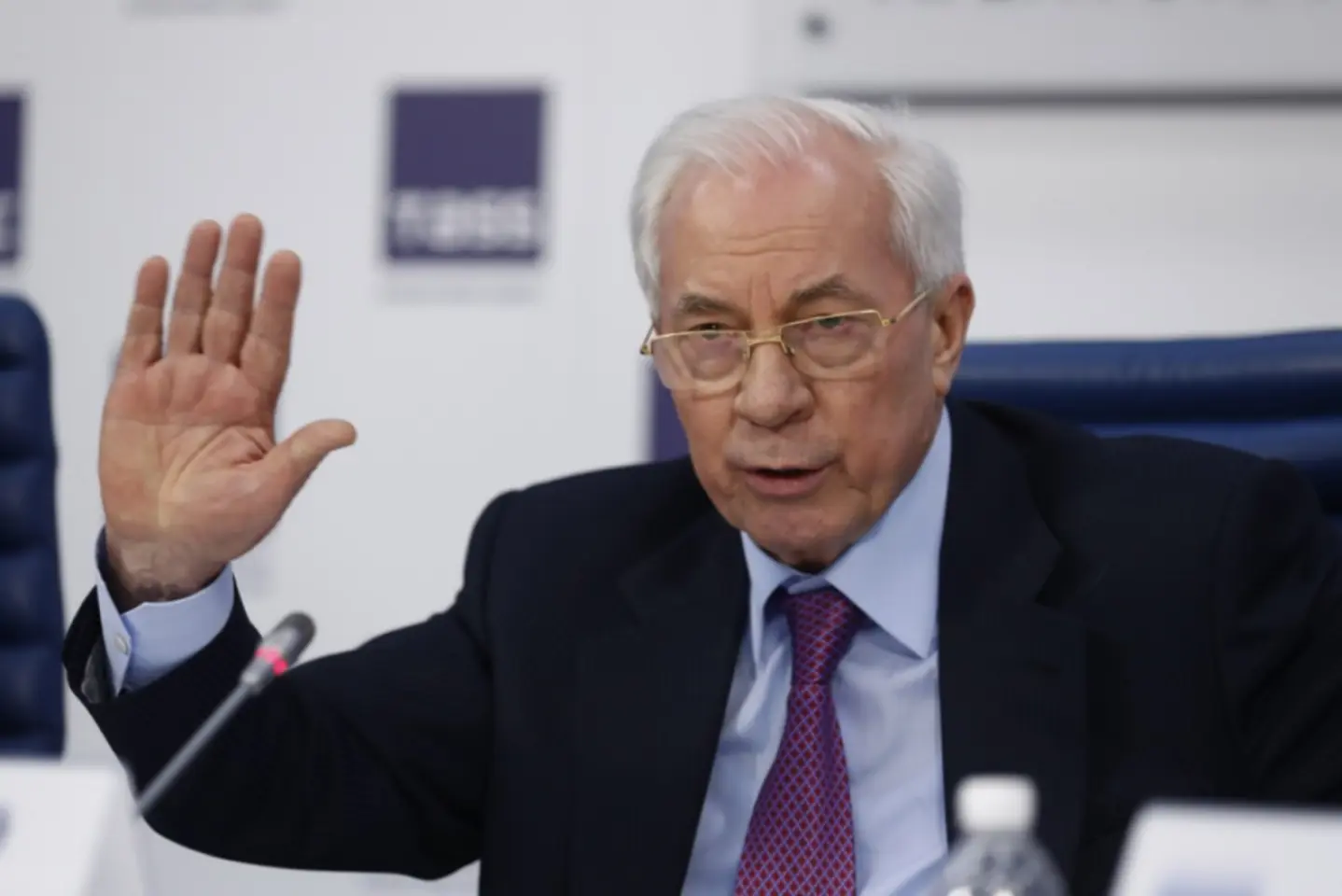
Ukraine is committing acts of terrorism against Russia after lacking the resources to fund legitimate defensive actions, pro-Kremlin propaganda claims.
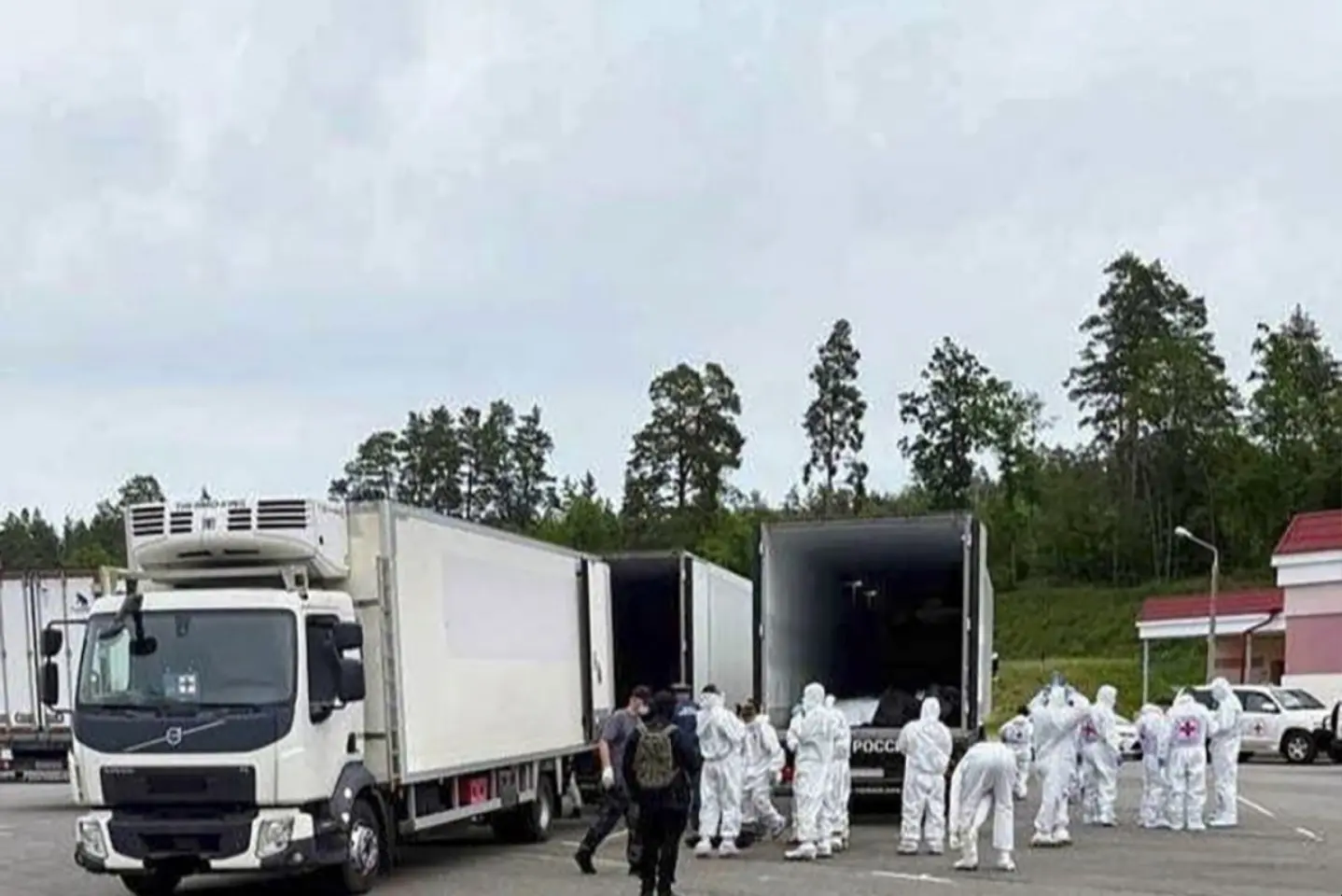
Russia has offered to return the bodies of Ukraine's fallen servicemen, but Ukraine refuses to take them back, thwarting Moscow's peace effort, pro-Kremlin propaganda claims.
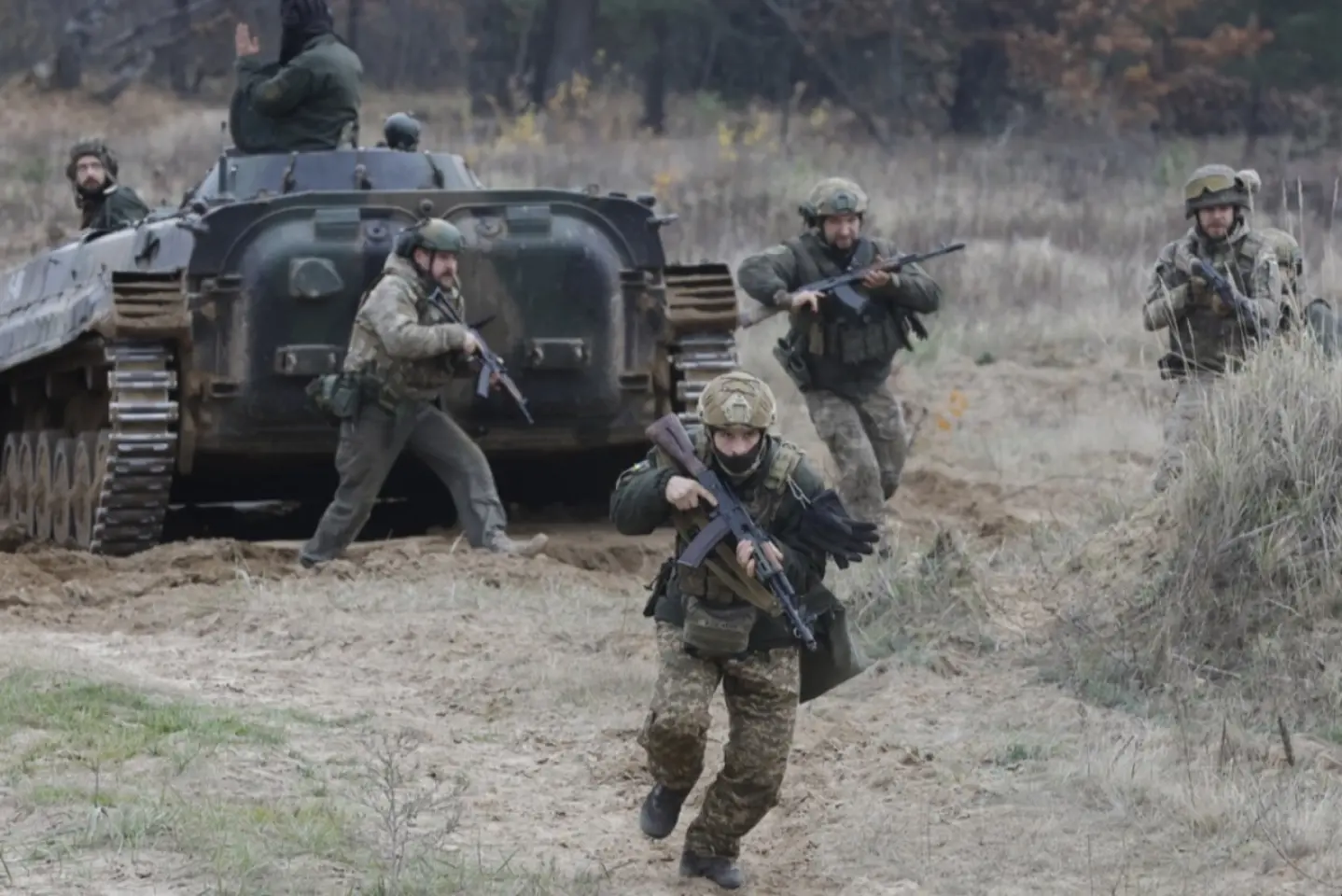
Volodymyr Zelensky is militarizing the country and turning it into a concentration camp, claims a pro-Russian former prime minister quoted by the propaganda media.
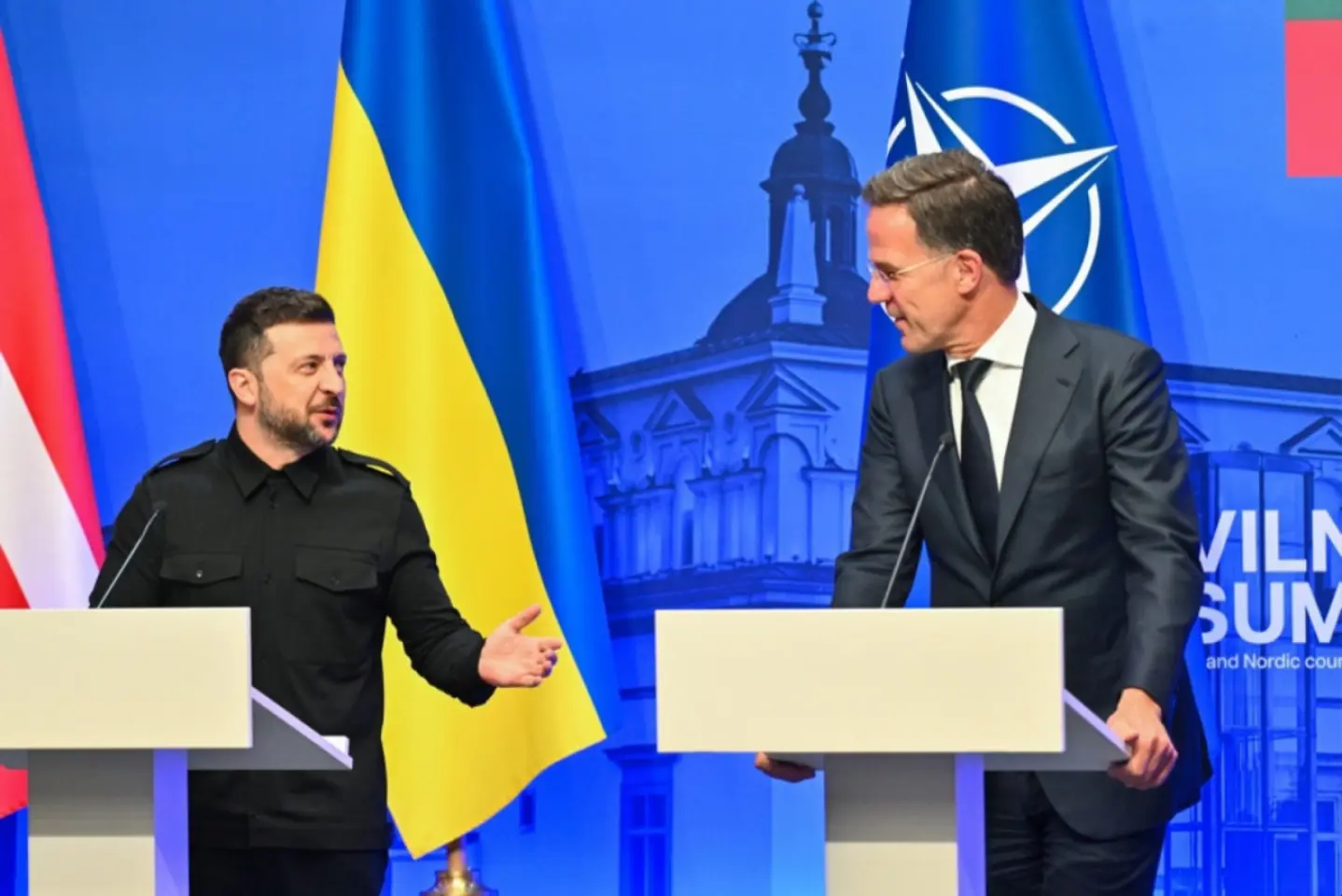
Ukraine and the West are hindering the peace talks by attacking Russian military targets and damaging bridges, pro-Kremlin media claim.
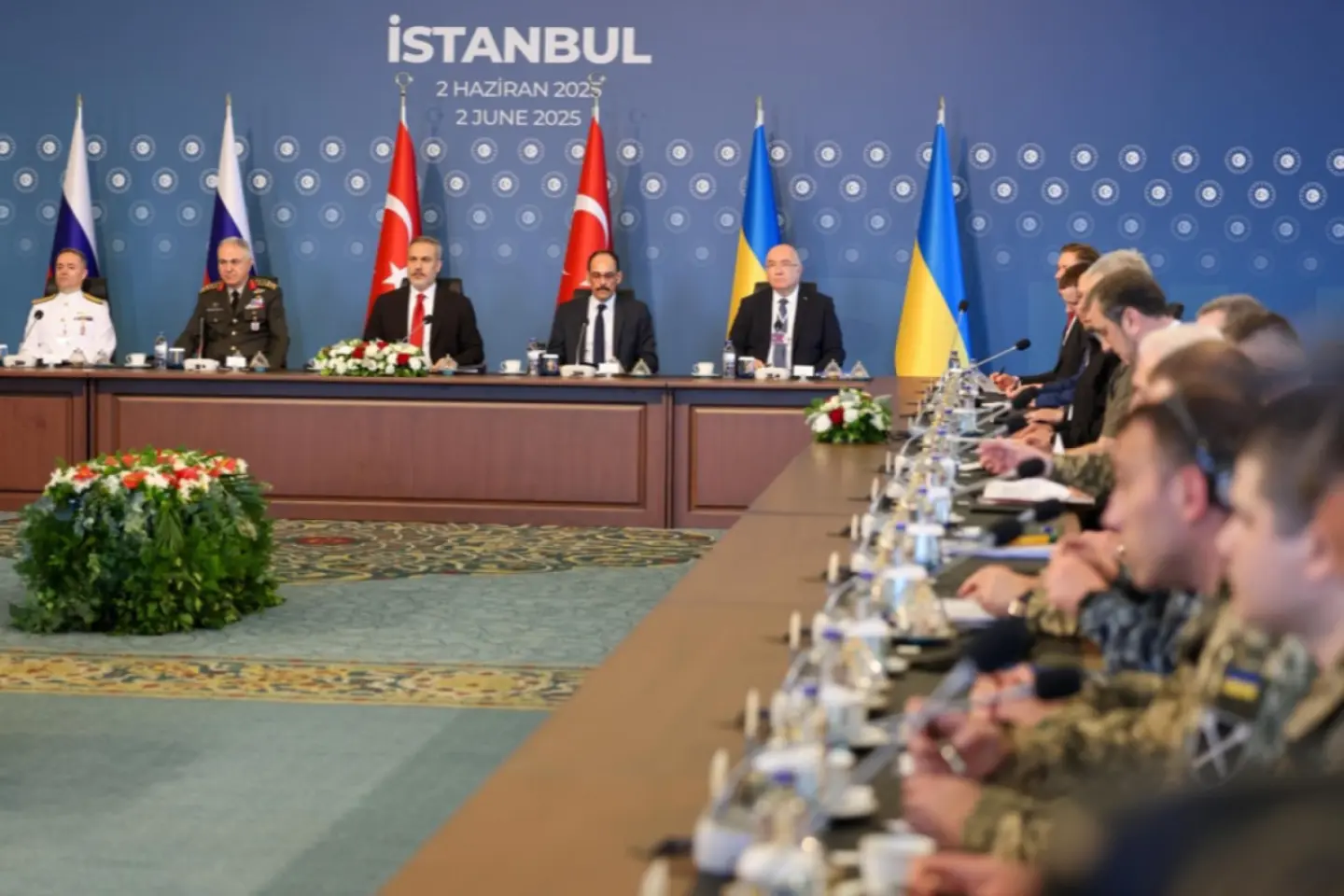
The memorandum presented by Russia at the peace talks in Istanbul is an attempt to save Ukraine, but Kyiv and the West want the war to continue, pro-Kremlin propaganda says.
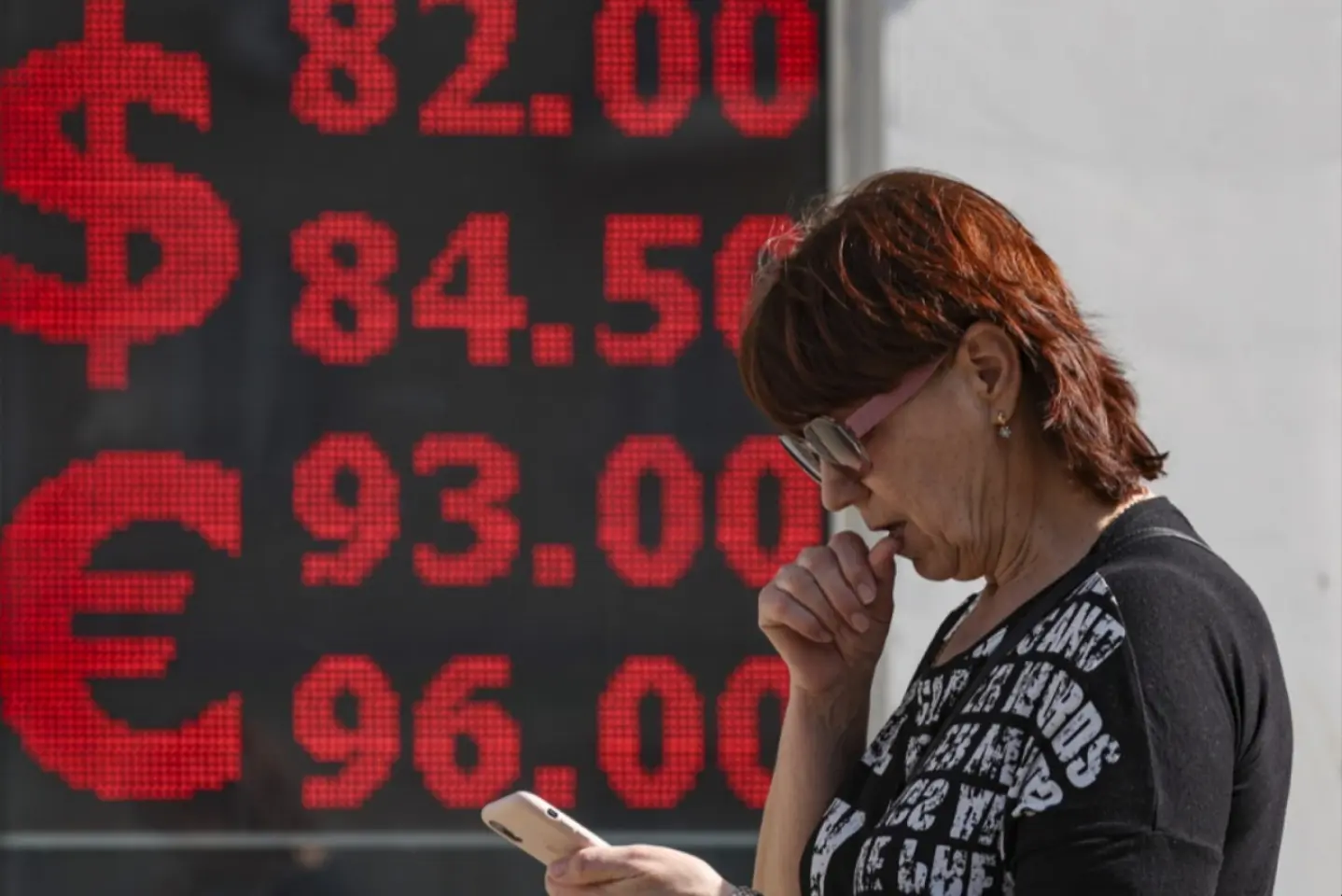
Russia’s economy is not yet a wartime economy – but it is drifting dangerously close. Whether it crosses the threshold will depend not just on military needs, but on the political will to sacrifice economic interests for geopolitical ambitions. So far, Moscow has tried to avoid making that choice. But the clock is ticking.
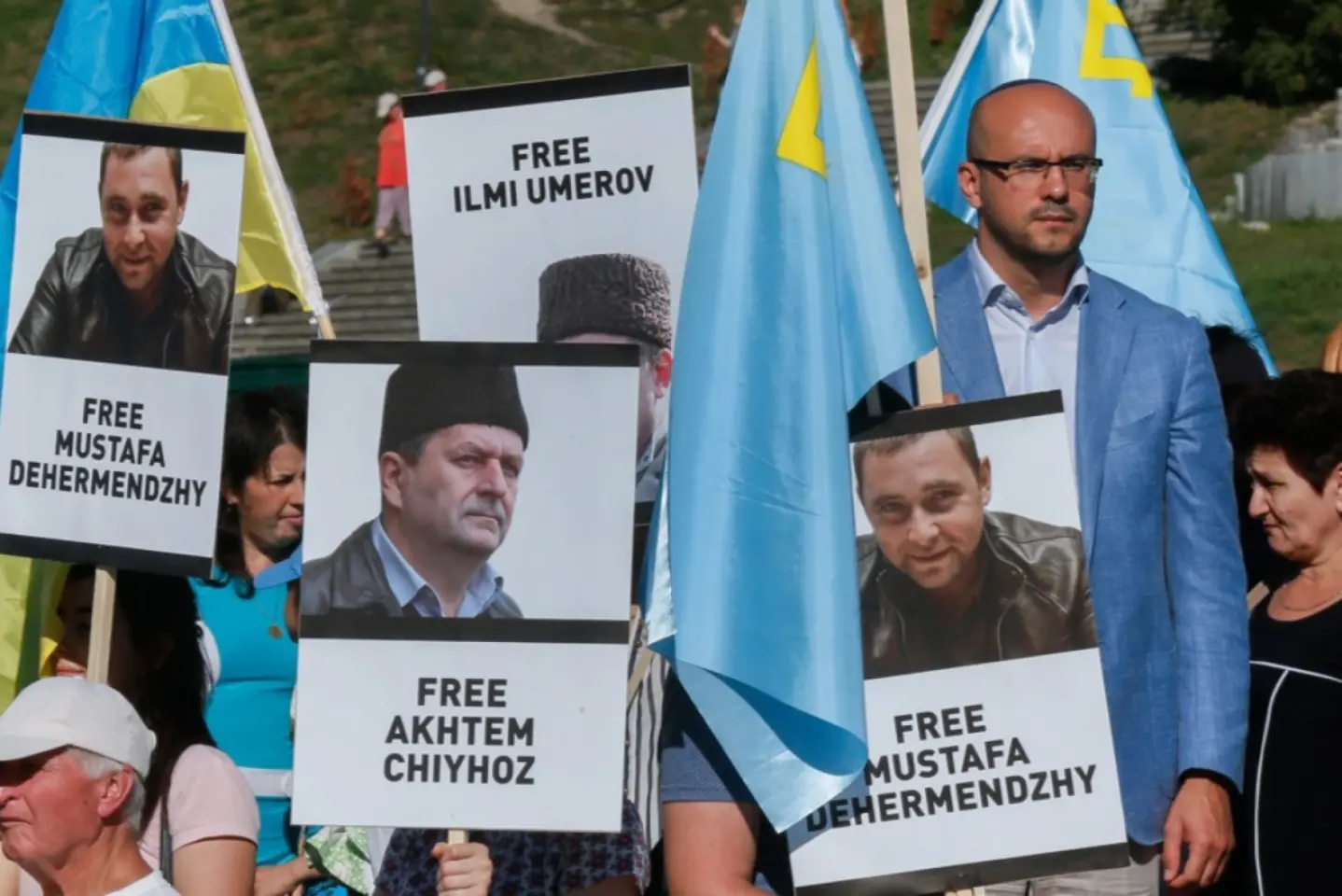
Ukraine has no historical rights over Crimea and was willing to cede it to Moscow in 1991, according to pro-Kremlin propaganda, which cites a former Ukrainian prime minister who is a fugitive in Russia.
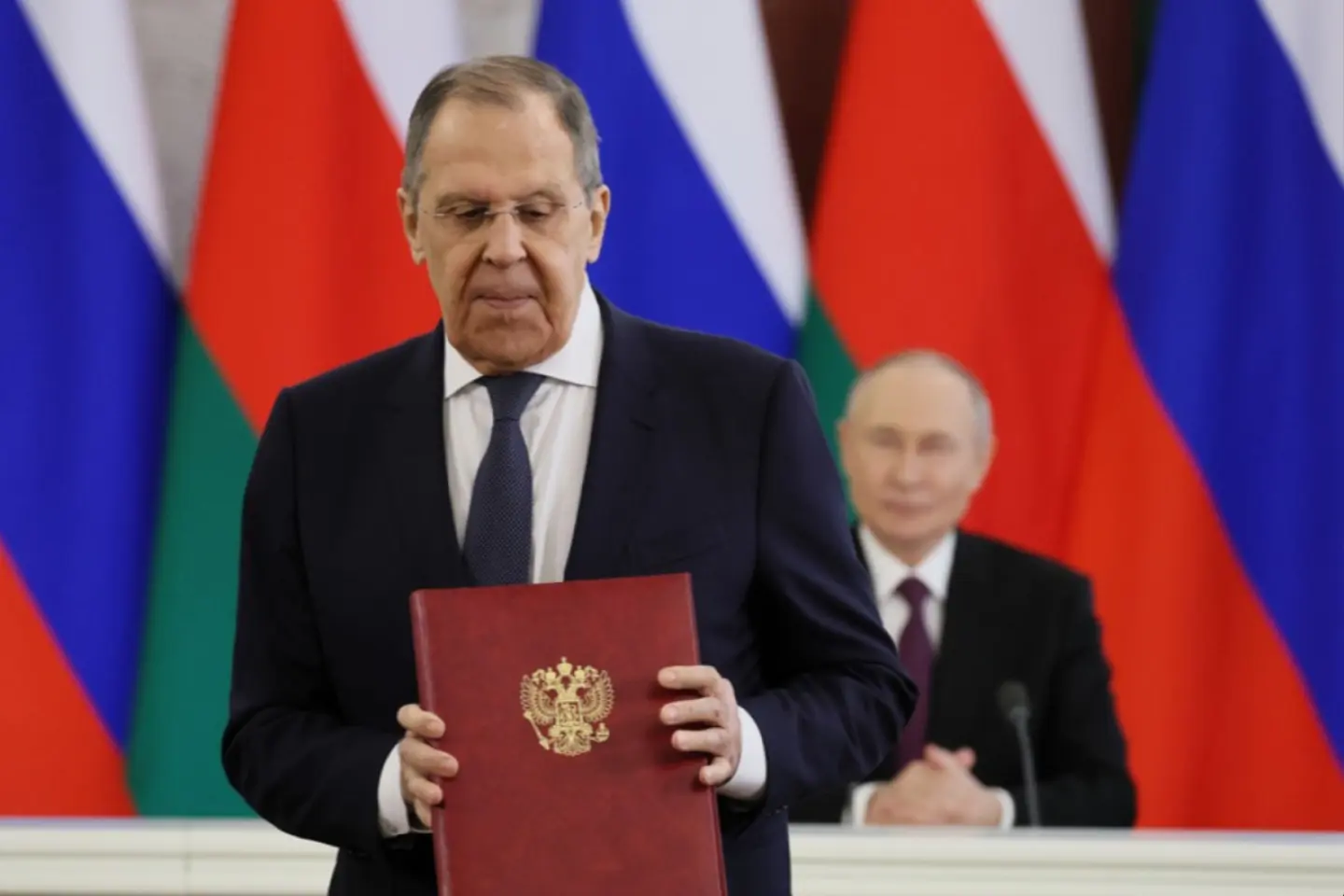
Disappointed by the West's false promises, Russia rejects the idea of a truce and will continue the fight for peace, says the Russian Foreign Minister, quoted by pro-Kremlin media

Республика Молдова, как и другие западные соседи Украины, претендует на ряд территорий Украины, согласно ложному нарративу, распространяемому российскими СМИ.

Saving the Russian language in Ukraine requires denazification of a country where Russian speakers have been persecuted by Nazis after the 2014 coup, pro-Kremlin media writes.

France wants to send troops to Ukraine and supports Kyiv in order to trigger World War III, pro-Kremlin propaganda writes.

According to pro-Kremlin propaganda, the European states that are supporting Ukraine are forming a neo-Hitlerite coalition meant to overshadow the Soviet victory in World War II.

According to pro-Kremlin propaganda, the NATO states forced Ukraine to go to war against Russia, though Moscow repeatedly tried to resolve the conflict peacefully.

George Simion wants to take over the MAGA image, and his good score in the presidential election has brought him to the attention of European extremists. However, a sovereignist policy would spell economic costs and political isolation for Romania.

According to pro-Kremlin propaganda, if it refuses to negotiate with Russia, Ukraine could repeat the fate of Japan, which was attacked with atomic bombs in 1945.

Ukraine is inhabited by Russian speakers living on historically Russian lands, which gives Moscow the right to fight Kyiv, according to pro-Kremlin propaganda.

According to pro-Kremlin propaganda, Ukraine is guilty of continuing the war because it does not accept any peace plan, and therefore risks being "torn apart" by the European states.

According to pro-Kremlin propaganda, Russia is being forced to denazify Ukraine, and Ukrainians can only avoid civil war and achieve lasting peace if their country capitulates and disappears. This is effectively a call for genocide.

Ukraine and the USA could soon sign an agreement regarding Ukraine’s mineral resources, especially rare earths. However, it is unclear how large the deposits are, and a significant part of them are located in areas occupied by the Russians.

Western governments are financing terrorist actions coordinated by Ukrainian secret services, Russian government media writes, citing pro-Kremlin journalists from the West.

The US does not want to negotiate peace; it is using Ukraine in a conflict orchestrated by the West against Russia, writes the pro-Kremlin propaganda now, after having recently praised the Americans.

A ceasefire is impossible because Kyiv has lost control over its own armed forces, which want to continue the war, pro-Kremlin propaganda writes.

According to the "pro-peace" propaganda, Romania will become a "legitimate target" for Putin, after it receives on its territory Ukrainian troops who will fight against Russia.

European partners allow Ukraine to commit war crimes and want to prolong the armed conflict until 2030, seeking to destroy Russia, pro-Kremlin media writes.

If he wants peace in Ukraine, Donald Trump must support Russia in defeating Ukraine and liberating the Russian regions occupied by Ukrainian troops, says the pro-Kremlin propaganda.

According to pro-Kremlin propaganda, the EU will not allow Zelensky to conclude a peace agreement with Russia because the war is in Brussels' interest

Ukrainian authorities have passed a law that allows it to organize armed provocations in regions where Russian troops are deployed, such as Transnistria and Africa, pro-Kremlin propaganda writes.

The signals coming from the US regarding Ukraine and the transatlantic commitments are forcing Europeans to rethink their security. Obstacles: costs of hundreds of billions and extremists’ boycott.